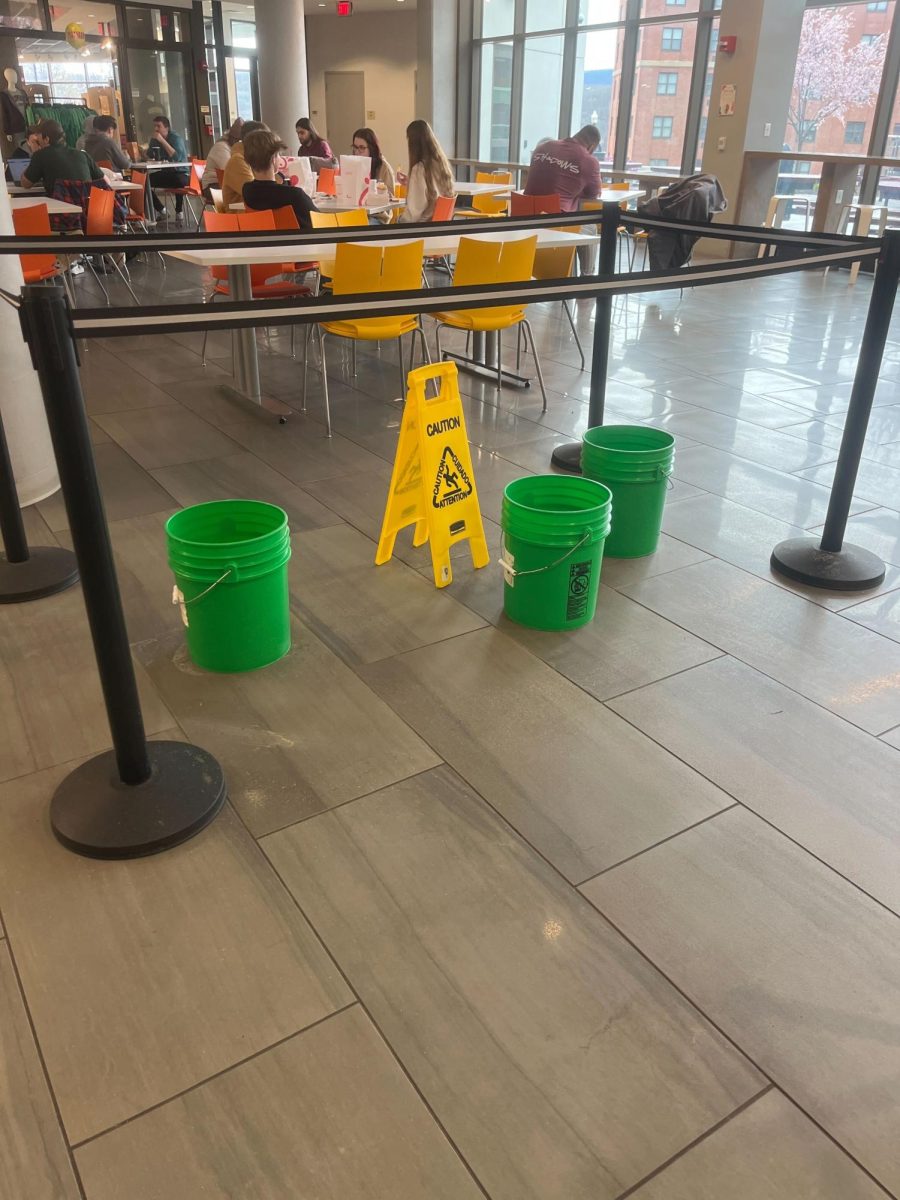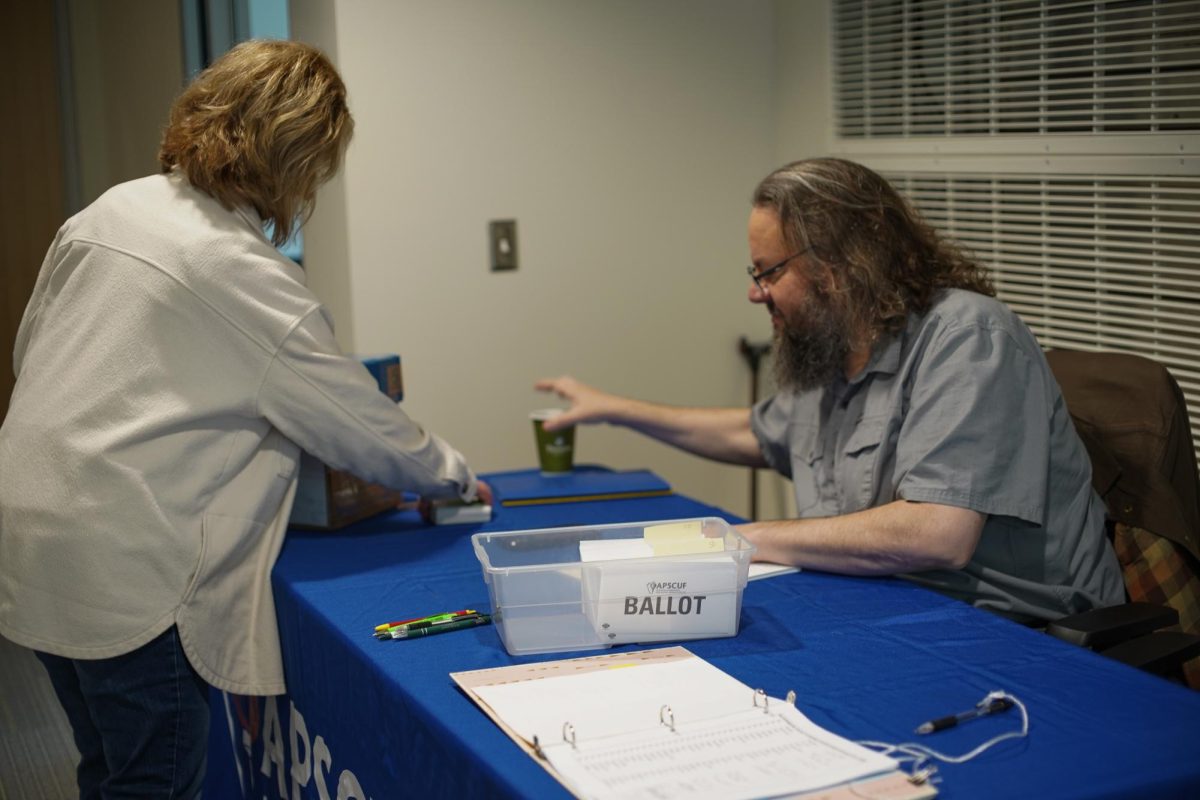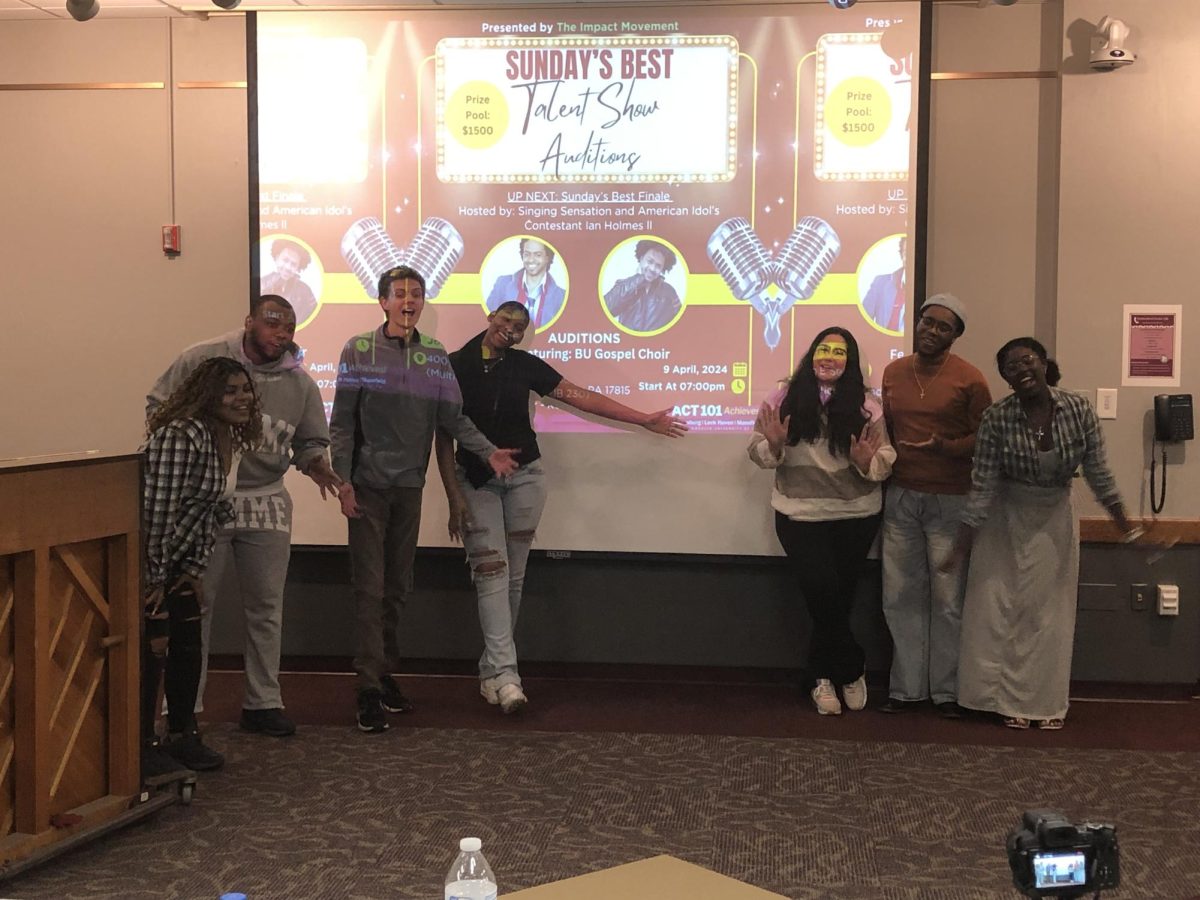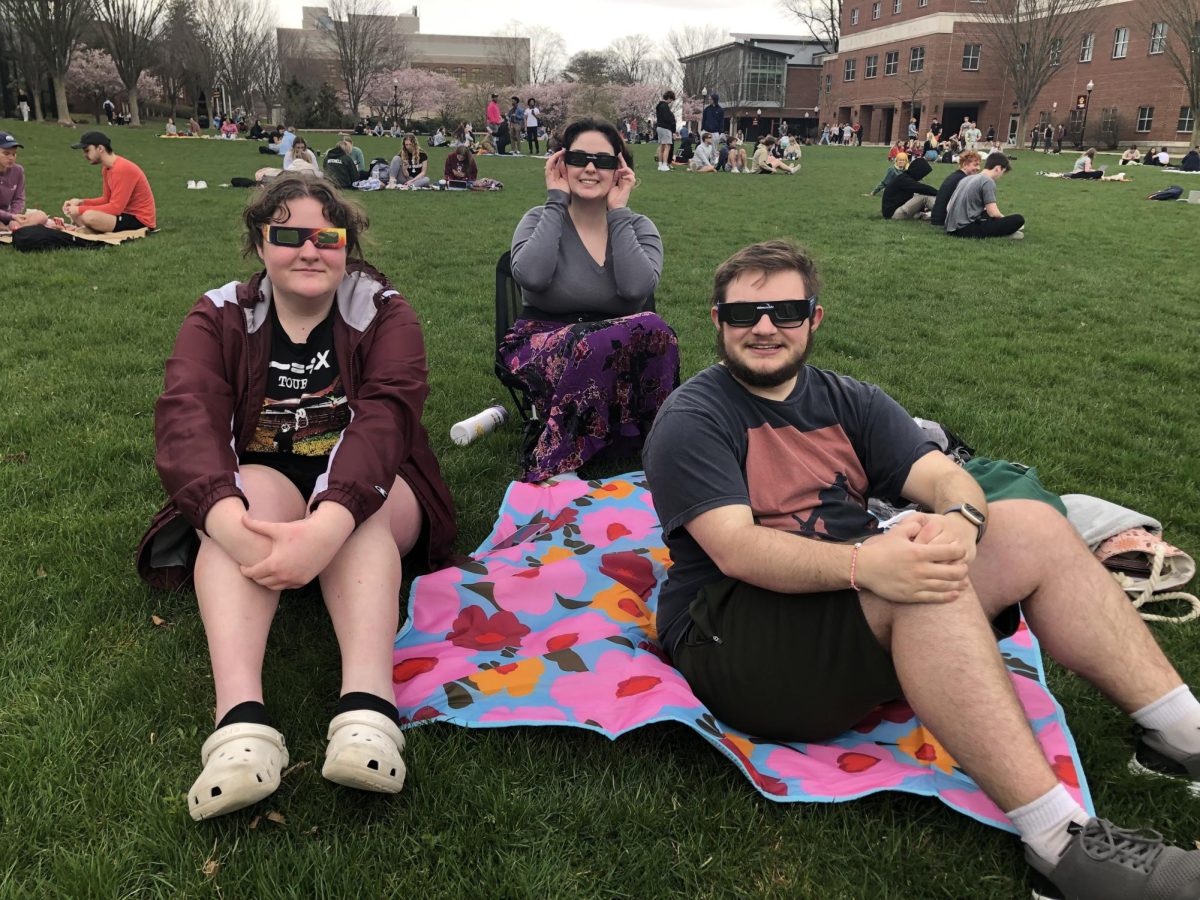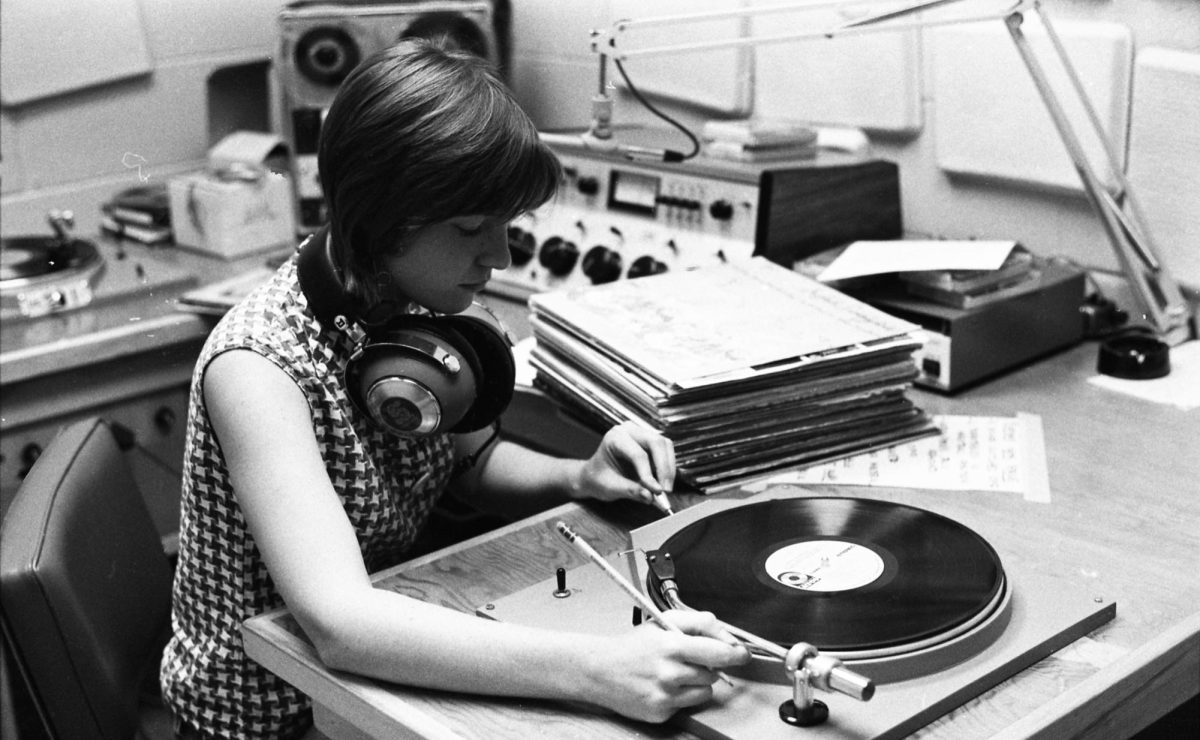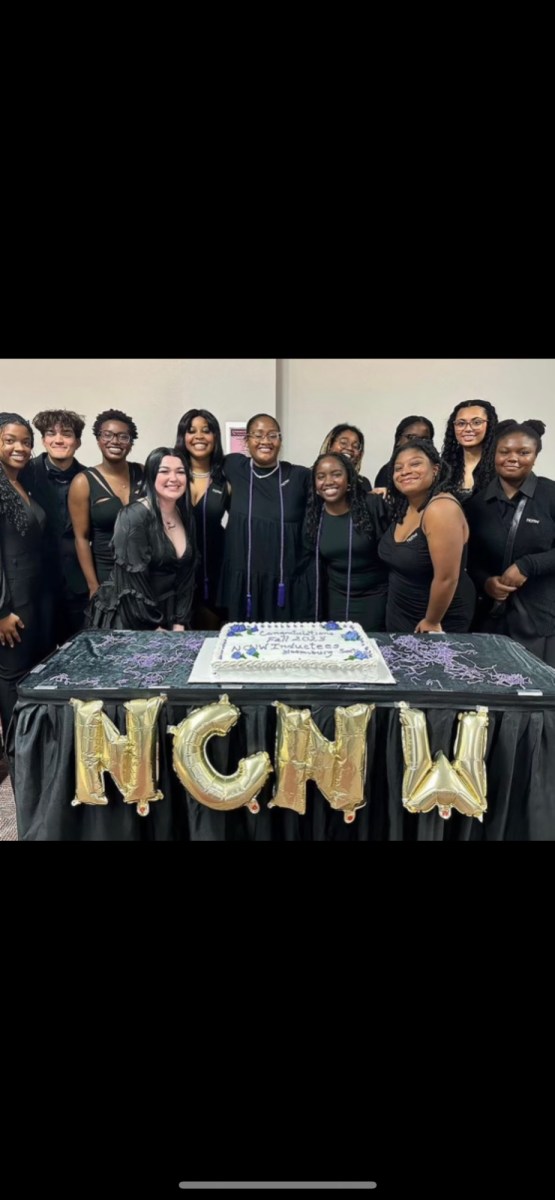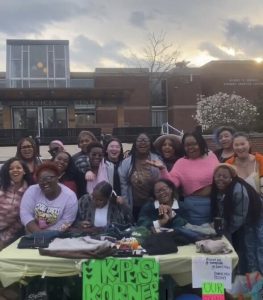The end of every semester brings students one step closer to the big wide terrifying real world, the one that actual adults have used to terrify us into making decisions for our lives as early as possible.
When students in most high schools are sophomores, they need to be taking classes that will line them up to get into college, and for their senior year, they better be accepted to at least one college with their major chosen.
By the time they’re graduating college, students should have a list of career goals that they’re going to meet: they’re going to secure a job in their field or go straight to grad school, start paying off their loans ASAP, and they’re going to become financially independent from their parents, with their own car and house/apartment somewhere within range of grad school and/or work. That’s a tall order for people in their early 20s. And it’s a cookie-cutter mold that not everyone can fit into.
Heaping more and more expectations upon students makes it worse, especially when those who’ve been there and done that or who haven’t been there but wanted to be throw their experiences into the mix in order to sway budding new professionals into making the decisions they think the students should make. Advice is wonderful, but too much pressure can open cracks in a lot of students who are already wondering where they’re going to go in life or what they can do with their education. More importantly, not every person is equipped for the fast-paced, success-happens-now lifestyle of today’s world.
Anxiety is one of the leading mental illnesses affecting college students today, with almost 42 percent of students having anxiety. This is due to a mountain of obvious reasons: money concerns, relationship concerns, social concerns, deadlines, tests, and everything else under the college sun that people could think of.
But for some students, anxiety doesn’t start and end in college. For most of the common subcategories of the umbrella term of anxiety, median age of onset is usually 19 years or younger, which means that most students who have anxiety in college began their studies with some form of the disorder.
This isn’t easy to overcome in a high-stress environment, and the high expectations placed on graduating students to have an immediate, set path to success can only serve to exasperate these overwhelming anxiety problems. In fact, it wouldn’t be hard to see why. Consider this scenario: you’re a BU student with anxiety. You do your best to cope and get by, talking to trusted friends about your stresses and finding other coping mechanisms when stress becomes too much. Now you’re graduating, and everyone around you is telling you to apply for jobs, internships, grad school. Take this test, take that test, apply at this business, move across the country, enter this program. It’s a whirlwind, it’s terrifyingly overwhelming, and if you do decide on grad school, you have three months to pack up that anxiety and ship it off to totally new surroundings without any of your old friends or coping mechanisms, or your familiar surroundings, to help you adjust. It isn’t a wonder that young professionals burn out so fast.
Mental illness isn’t the only issue facing students in this whirlwind final stretch. All throughout college, students are encouraged to develop relationships with their peers that will build personal and professional networks for life. In fact, 28 percent of married couples in the U.S. met their spouse while in college. That’s pretty important, considering many people want students to seek out independent professional lives while still maintaining the traditional institution of marriage and family. While it isn’t always for some students, for many others, the desire for a settled, comfortable family life is considered an obstacle. Why settle down when there’s so much to learn and do? Why ease into a comfortable routine, get married, have a baby, when you can keep punching through the stresses of school and the career ladder instead? Sure, it makes things harder, since having families today are extremely expensive relative to the offered wages for entry positions and it’s estimated that the cost of raising one child from birth-18 is roughly $250,000, it’s still the dream of many young Americans, and is just as valid as a young career professional.
Being a 20-something today is exceedingly difficult. We have to compete with older professionals for better paying jobs and to compensate for lack of experience, we need more degrees, more college, more debt. We’re chocked full of mental health issues and people surrounding us telling us just to get over it, here’s more stress to help you. Wanting a family is a bad decision financially and career-wise, but not wanting a family and focusing on career instead is unfathomable and a sign that surely society is collapsing. Nobody has the right to have a family unless they are living well above subsistence level; otherwise, they should stop complaining that the job they have providing a service that the public demands doesn’t pay enough. Through all of the twists and turns of life, there’s always someone standing there to ask you what you’re going to do next, what more is there to do.
It’s 2017. It’s time for people to relax and let young people be young for a little while. It’s okay, and it’s important that it’s okay, to not know exactly where you’re going. It’s okay to know exactly what you want to do, or to figure it out as you go. It’s okay to want a family, a career, or both. It’s okay to put off the next stage of your education to pursue personal interests or travel and become learned through experience.
More than anything, it’s okay to be okay. Being good enough is more than enough, and since it should be more than enough, it’s time to stop judging someone because they’re married and a parent at 22, or they’re a degree-holding world traveler, or they’ve sworn themselves to their jobs and are starting the long climb to the top of their career ladder. Happiness is success, and those are words that don’t cost a dime.
Arianna is a junior Russian and History major. She is Editor in Chief for The Voice


